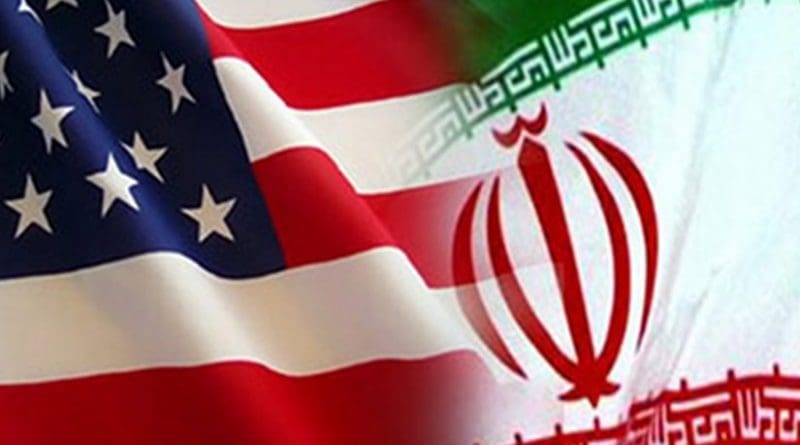‘Incident At Sea Agreement’ Between US And Iran – OpEd
The recent incident involving the US sailors who were rounded up and then quickly released after their boats ventured inside Iran’s territorial waters represents a positive case of “deep diplomacy” stemming from the marathon nuclear negotiations. As Iran’s Foreign Minister Mohammad Javad Zarif has noted in his twitter message after the incident, there are important lessons to be drawn from this incident.
Perhaps the biggest lesson is a reminder about the importance of high level communication between the two countries that can be used for non-nuclear purposes. Another lesson is the importance of avoiding accidental warfare and unnecessary flash points that can easily spiral out of control.
Regarding the latter, although Persian Gulf is governed by the international maritime laws, these laws are not enough and due to the current military over-crowding there needs to be additional safety measures in place in order to avoid accidental warfare. After all, the two US military boats were highly armed and things could have escalated and lives lost during that incident.
One possible remedy is the adoption of an ‘incident at sea agreement’ between Iran and the US, aimed at complementing the present diplomatic channels by opening a new military-to-military channel of communication, one that would cover not only the water but also air, in light of the reports of US flights near the Farsi island after the arrest of US sailors. Given the proximity of forces particularly during the passage through the narrow channels of Strait of Hormuz, the benefit of an incident at sea agreement would be to provide a new venue to ensure the peace and tranquility of the Persian Gulf waters.
To open a caveat hear, ten years ago this author and the current US Defense Secretary Ashton Carter, who headed a security program at Harvard’s Kennedy School of Government, collaborated on a joint recommendation to both Iran and US regarding an incident at sea agreement. Mr. Carter who favored this idea then informed this author that the response from Pentagon had been negative. That was then, but now that the Pentagon is headed by Mr. Carter perhaps there is a chance to revisit this proposal that Mr. Cater himself co-authored.
Of course, it goes without saying that the purpose of an incident at sea agreement is highly limited and does not spell the end of hostilities or the like between the parties, in light of the experience of US-USSR agreement that was signed in early 1970s and was meant to ‘regulate’ rather than transcend the Cold War. Similarly, a US-Iran incident at sea agreement would conceivably contain clauses on avoiding accidental collision, hostile maneuvers in vicinity of the other side’s ships, etc. It would have to be tailored to the specific contingencies of the Persian Gulf and, perhaps, be limited in initial duration, subject to renewal in a few years.
On Iran’s side, one potential objection is that such an agreement may give a dose of legitimacy to the US’s military presence in Persian Gulf. The fact of the matter is, however, that due to the present and clear threat of terrorism, the US armed forces operate in the region and will likely do so for the foreseeable future. It is therefore in Iran’s national security interest to consider a time-bound incident at sea agreement with the US, for the sake of avoiding incidental warfare.

